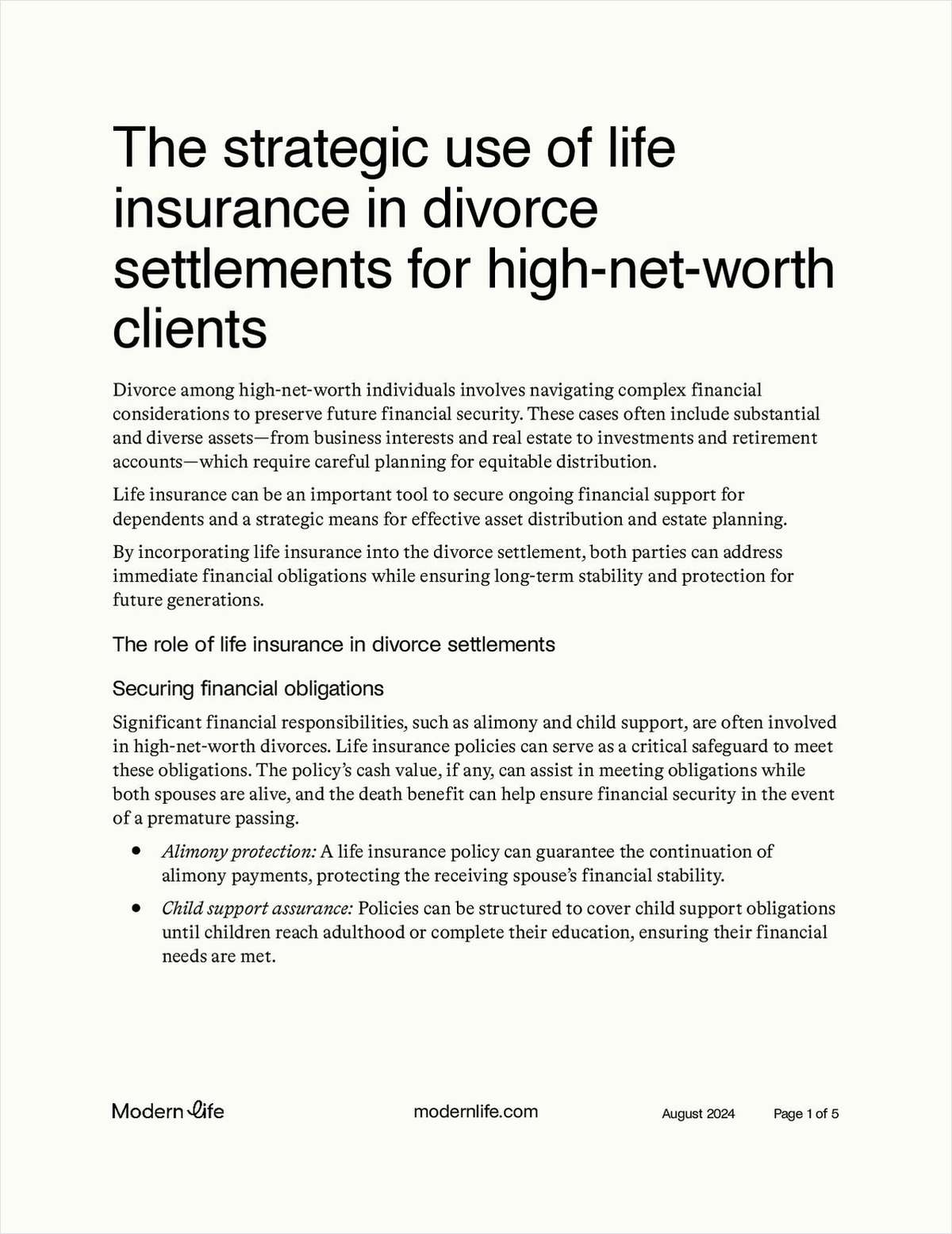For those who thrive off of the independence, pressure and potentially lucrative rewards that a sales commission-based job offers, becoming a life insurance producer seems a natural fit. However, not all positions are the same and many companies offer varying degrees of support for their staff.
Combined Insurance, a provider of life, accident, disability and health products recently came up with a list of traits prospective producers should look for when joining a company.
And with the life insurance industry entrenched in a crucial battle to attract new talent, it would behoove the industry as well to look at Combined Insurance's list of traits that prospective commission-based producers should look for.
Information abounds about the "graying" of the life insurance workforce, yet no concrete reason has been suggested as to why the industry cannot recruit young talent. Rather than scratching heads and theorizing as to why the average age of an agent is 56 while the average age of a U.S. worker is 37, the industry should be employing all of its resources to avoid the current trajectory, which shows that, by 2027, half the workforce will be retired. This is where Combined Insurance's list can work both for the prospective employee and for the prospective employer.
Combined Insurance suggests that when looking at a company to work for one should examine the following factors:
Guaranteed income: Does the company offer some level of guaranteed income to supplement a new agents' budding customer base?
Comprehensive training and support: Does the company offer customer-centric training that is either paid or free?



